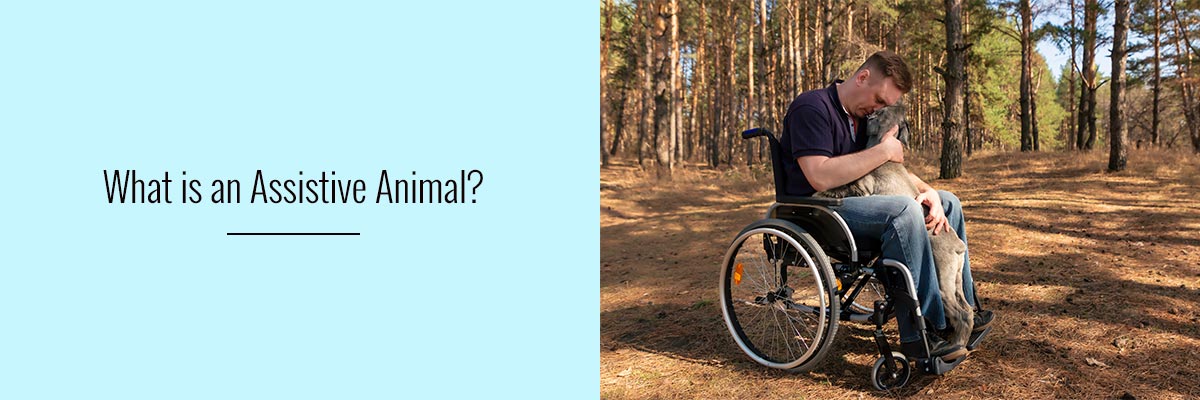Animals provide a unique and amazing resource for people with disabilities. Not only do they help individuals with disabilities to be more independent in their day-to-day activities, but they also help them to help themselves to live more independently and fully participate in society.
While there are different types of animals that can be used for support, an assistive animal is trained to provide support to an individual with a disability. These animals are trained alongside their handler to perform a variety of tasks, including identifying and retrieving objects, opening doors, and fetching items that require assistance. They are also trained to be a companion animal that provides emotional support, warning of dangers, and facilitating communication between handler and individual with a disability.
Are Assistive Animals Allowed In The Workplace?
Assistive animals are becoming more popular in the United States, with over 10 million of them being classified as pets. These animals provide support to individuals with a disability, allowing them to more fully access their community and workplace.
The Americans with Disabilities Act (ADA) mandates employers and businesses to provide “reasonable accommodations” to their employees in the form of “reasonable modifications” to the workplace, such as allowing people with disabilities to bring their service or working animals to the workplace.
There are many types of animals that can become an assistive animal, including animals that provide emotional support, animals that alert humans to changes in their environment, animals that help individuals with physical disabilities navigate their environment, animals that provide physical support, and animals that help individuals with cognitive disabilities. However, animals that provide physical support can also become assistive animals.
Can An Employer Ask For Documentation Of Assistive Animals
No one can ask to show the documentation of an assistive animal. It is not only illegal to require an employee to provide documentation showing that their assistive animal is certified. Also, it is illegal to ask an employee for documentation showing that their assistive animal is certified.
Can An Employer Refuse The Request To Bring Assistive Animals To Work?
While employees who have a disability are protected from discrimination under the U.S. Americans with Disabilities Act (ADA) and the Fair Housing Act, there are a few circumstances where employers can deny employees’ request for the presence of an animal to act as an assistive animal. The ADA generally does not permit an employer to deny an employee’s request for an assistive animal. However, if an employer has a “reasonable” religious or medical belief that an animal is not an assistive animal, that belief can be a basis for denying an employee’s request for an assistive animal.
The ADA requires that employers provide reasonable opportunities for employees with disabilities to have access to the sites, facilities, services, and activities offered by the workplace. It may be very difficult for employers to know whether a particular employee’s disability is a serious one unless she tells them. Therefore, employers are required to make reasonable accommodations in the workplace, such as allowing an employee to bring an assistive animal to the workplace.
Final Words
Assistive animals provide support to individuals with disabilities that allow them to more fully access their community and workplace. In the United States, people with disabilities have the right to both the modification and accommodation of their workplaces.
To know more about assistive animals, attend the Compliance Prime webinar.


